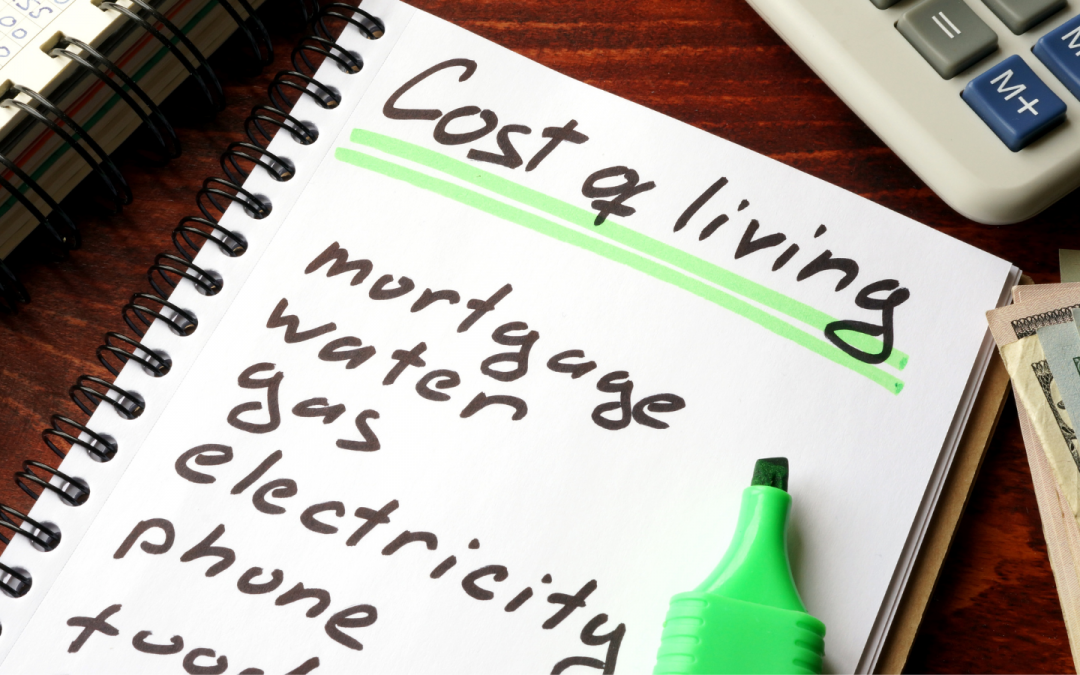With the cost-of-living crisis importing significant financial constraints on UK households, the price we pay for broadband has rightly come under broader public scrutiny. Till Sommer, Head of Policy, Internet Service Providers’ Association (ISPA) discusses why the broadband market cannot be seen as just another utility and how the sector has responded to the challenge of the cost-of-living crisis.
Not just another utility
There is no debate that broadband is an essential service and indeed, ISPA has argued for years that broadband deserves greater attention from Government and others. To some degree, broadband is in a strange place – just like utilities it plays such a fundamental role that it hard to image leading a life without it. Yet at the same time we are looking at a rapidly developing, cutting edge technology with a hugely competitive, diverse and innovative market. Unlike other utilities such as with water, for example, there are also different flavours of broadband with a range of technologies, speeds and service levels available. With that in mind, simply slapping a utility label on the broadband would fail to take account of the nuances of the sector and would also do very little to support customers in the cost-of-living crisis.
How the sector has stepped up
The sector’s engagement with social tariffs pre-dates the cost-of-living crisis. Leaving aside the various long-running digital inclusion initiatives, it was probably the Covid-19 lockdowns that brought broader attention to how households are using their broadband and how reliant they are on a stable connection. It was evident that broadband was a lifeline for so many people and had a vital role for education of children and allowing UK business to continue to thrive throughout an unprecedented period. The sector worked directly with Government to keep the country connected throughout the pandemic.
This then put the focus on lower income households and how they would fare post-pandemic with the first parliamentary roundtable on social tariffs held in early 2021. Since then, we have seen some significant developments.
- A whole range of providers now offer a social tariff and virtually every household in the UK can now access social tariff from at least one and in most case multiple providers.
- ISPA worked together with industry and the UK Government to agree a set of voluntary joint commitments to assist customers where needed during this cost-of-living crisis. The commitments include: supporting customers who may be struggling financially and treating them with compassion, offer ways to keep them connected such as moving to cheaper packages or more manageable payment plans, protecting connectivity, and raising awareness of low-cost products to individuals claiming universal credit.
- The Government has launched an API, which will provide ISPs with the tools to check benefit eligibility, with customer consent, rather than having to request evidence directly from the consumer. This will save time and ensure that tariffs reach households that genuinely need them.
But what about take-up
With the API now fully launched we expect more providers to launch a social tariff, but we are aware that there are concerns about the seemingly low take-up of those tariffs. We believe this is the result of a number of reasons and increasing take-up is not something that sector can solve by itself. The starting point is that standard broadband prices in the UK are already very low and while we recognise that there are many households were even if a few pounds will make a difference, the possible savings are simply not comparable to big ticket items of household spend such as gas and electricity. Moreover, as mentioned earlier, there are many different flavours of broadband. We know from our members that some of their customers are keen to stay on combined packages with pay TV while others household might be happy with using mobile broadband. There is also the challenge of actual customer engagement. Frankly speaking, not many customers are keen to hear from their provider, so help from local authorities, national and local charities will be needed to drive up take-up.
What is next
This issue is clearly not going away. At ISPA we are actively thinking about how we can provide easier access to the variety of initiatives that are being rolled out by our members. We are also actively working with the Good Things Foundation, our charity partner and at the ISPA Awards next month, where we will both be celebrating the organisations that have made the largest strides towards eliminating digital poverty through our Digital Inclusion award and hosting of a charity collection. Beyond that, we are continuing to call for more support from Government. Social tariffs are offered below cost price at a time where many of our members are investing into building new fibre networks and we continue to argue that more support around VAT and take-up would help the sector in delivering social tariffs.
What can customers do
Customers who struggle with their bills should contact their provider as there may be solutions to prevent customers falling into arrears such as switching to a cheaper tariff, switching to a social tariff or a more manageable payment package. However, a provider can only offer support if a household speaks to them to inform them of any difficulties they are facing

